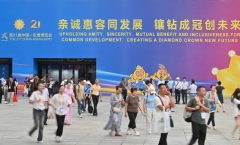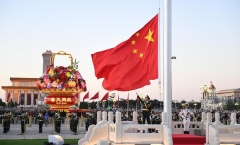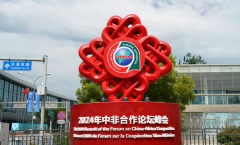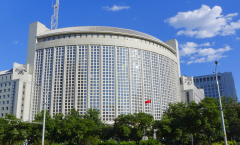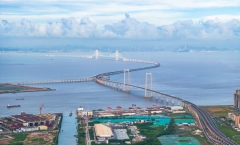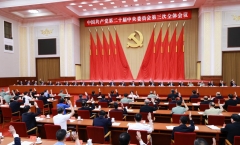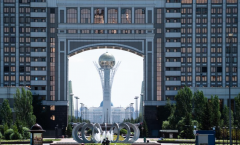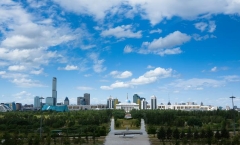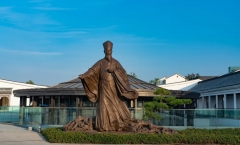- Home
- My Understanding of China
My Understanding of China
BRICS is an ethos in which the conduct and interactions of member states are shaped by mutual respect and acceptance of differences, as well as a shared commitment to identifying and addressing common challenges.
SCO member states have been witnessing inclusive trade growth, infrastructure upgrade, security improvement and sustainable development upbeat in diverse sphere of life.
In an era of transformation, cooperation between ASEAN and China may serve as an example of pragmatic, mutual benefit diplomacy in a fractured world.
Most importantly this transformation of China into a giant, middle-income country, has changed hundreds of millions of lives for the better and that has been achieved peacefully and through interdependence with the rest of the world.
The high level of attendance reflects the strong bond between China and Africa, their trust in each other, and their determination to counter challenges and grow together.
The FOCAC is the most important symbol of China-Africa solidarity and cooperation.
China’s impartial stance, free from selfish motives or interests, has garnered increasing trust from the international community.
Both the plenary session resolution and the statements made at the press conference are enormously significant. They are a benchmark for global confidence in China’s future path.
The Third Plenary Session of the 20th Central Committee of the Communist Party of China that convened in Beijing from July 15 to 18 will be a milestone in seeking to find solutions to some tricky economic problems in a complex, global environment.
In essence, the SCO has existed to provide a multilateral means for managing complex relationships in Central Asia, significantly improving regional development and security.
China has also advocated promoting more convenient interconnectivity and more fluent trade among SCO members in the region.
For Marxism, practice is the purpose of acquiring knowledge and knowledge impacts practice. This view accords with the traditional Chinese idea that ‘knowledge is the prelude to doing, and doing is the consummation of knowledge.’

 Facebook
Facebook
 Twitter
Twitter
 Linkedin
Linkedin
 Google +
Google +


